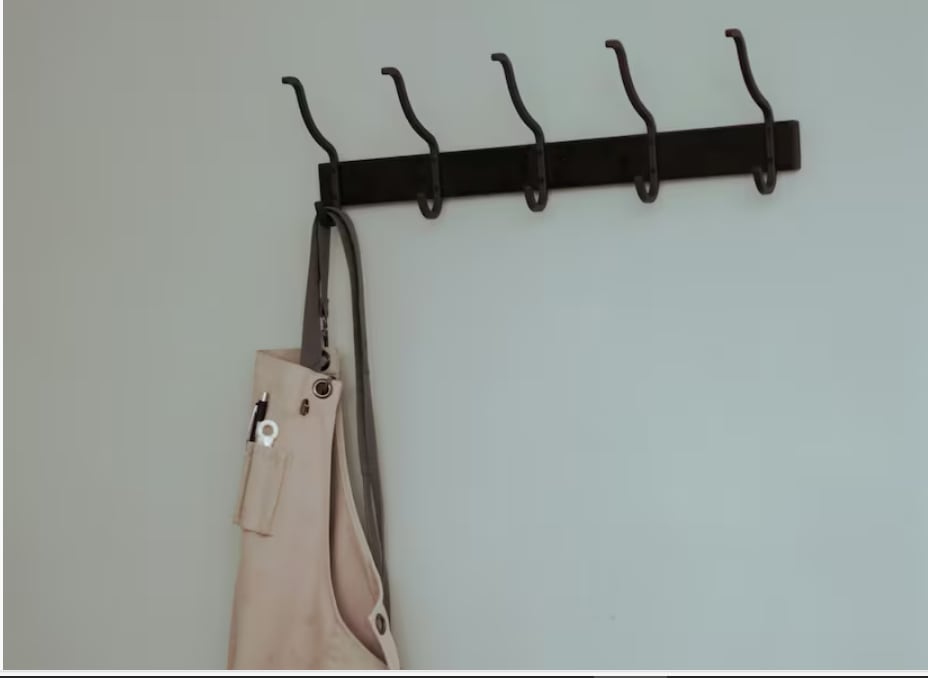
Nobody opens a restaurant thinking it won’t be a success and will have to cease operating. But the context is stark. The industry lost an average of 20 sites a week in the first quarter of 2025 and overall, the number of food-led premises shrank by 1.1%. To compound this situation, a report earlier this year estimated that 46% of consumers intended to cut back on spending on eating out in 2025.
Why do venues close?
There are numerous reasons ranging from:
- Planned exits due to retirement or lease expiry
- Outgrowing the space and a need to up-size
- Hefty rent reviews (though upward only reviews may soon be history!)
- Succumbing to well-documented financial pressures - National Minimum Wage, NI increases, and the impending amendments on zero hours contracts are enough to make previously viable venues loss-making
- An enticing offer from an up-and-coming brand
Whatever the reason, it’s essential to consider your options, and ultimately, you need to think about your team and your premises.
So, what are your options?
Administration/Liquidation - when you need to close the doors immediately, insolvency is typically the first port of call. Whether liquidation or administration, a formal insolvency route affords you some breathing space to try to secure a future for the business and prevents landlords from taking enforcement action while the process is in place (unless they want to make a court application).
If you can continue trading, then you have more options available to you, including:
A clean break – if the market has moved, you may find that your landlord is prepared to take the keys/premises back as they may be able to relet the unit at a higher rent. If negotiated properly, a surrender will bring all your liabilities under the lease to an end and is by far the cleanest way of shutting down.
A sale of the shares in the business – if the restaurant is held in a limited company, a sale can be structured as a disposal of the shares in the company or its assets. Most leases permit a change of control of a company without the need to inform the landlord, so a share sale can speed things up and all employment and supplier contracts can remain as is.
Selling the Property – if selling the company isn’t right for you, then dealing with the assets (kitchen, O&M premises licence and property) might be the way to go. Finding a buyer is likely to take some time, and that’s only the start.
Selling an existing lease will require landlord consent and whilst landlords need to have a good reason to say no, it’s important to do your homework on your prospective buyer and also dig out your lease (or at least the summary). You need to know (a) what your obligations are (b) when the landlord can say no and (c) what additional security they could require as a condition to giving consent.
Landlords are likely to be able to ask for all or any of a guarantee from you and/or the directors of any incoming tenant, as well as a rent deposit (and I’d suggest any incoming tenant budget for a deposit of at least six months’ rent plus VAT).
Could you rent it out? – if you can’t find anyone to take your lease, you may be able to sublet, this is where you effectively become a landlord and rent your space to a new operator.
It’s less desirable than an assignment as you are still ultimately responsible for the premises and costs, which means paying the rent even if your new tenant doesn’t! But if managed properly it should mean premises become cost neutral.
Anything else to think about?
There’s always more to think about when it comes to restaurants and hospitality:
1. What about your staff? This depends on how you deal with the premises, if you sell the company staff will most likely move across, if you transfer the property then it’s important to take advice from an employment lawyer on your options.
2. What’s going to happen to your premises licence? Licences can be valuable in certain locations but are automatically forfeited if you pursue any form of insolvency. You can have these reinstated within a certain period of time, but will need to act fast if you want to secure a premium for your licence.
3. Are your premises up to scratch? If you are looking to transfer or sublet your space, you need to review your repairing obligations; failure to comply with these may enable your landlord to bring a claim against you for the costs required to put your premises into a good state of repair.
4. Has your landlord insisted on a guarantee? Watch out for continuing obligations, if your landlord insists on a guarantee from you as a condition of the assignment, the lease could end up back with you in a number of circumstances, so avoid guarantees like the plague and look at winding up the company as soon as possible once you are out.
5. What about personal liability? If the premises are held in a limited company, then provided you haven’t given any personal guarantees the liability rests with the company (save for some very specific circumstances).
6. Will this be made public? It’s important to plan your communications strategy well in advance, as ultimately it will be public information, either at Companies House or HM Land Registry, and not to forget, social media. Having a plan will help you navigate the closure and limit any repercussions if there are any other sites in the group
The team at Greenwoods Legal LLP has helped hospitality and leisure businesses throughout their lifecycle, from acquisition through to closure. We understand that planning your final service is often a difficult time, if you are working out what to do, and would like a confidential conversation to discuss your options, don’t hesitate to get in touch. We understand the industry, we understand how it feels and we can help.
Alex Hutchings, Partner and Head of Real Estate, Greenwoods Legal LLP, amhutchings@greenwoods.co.uk



